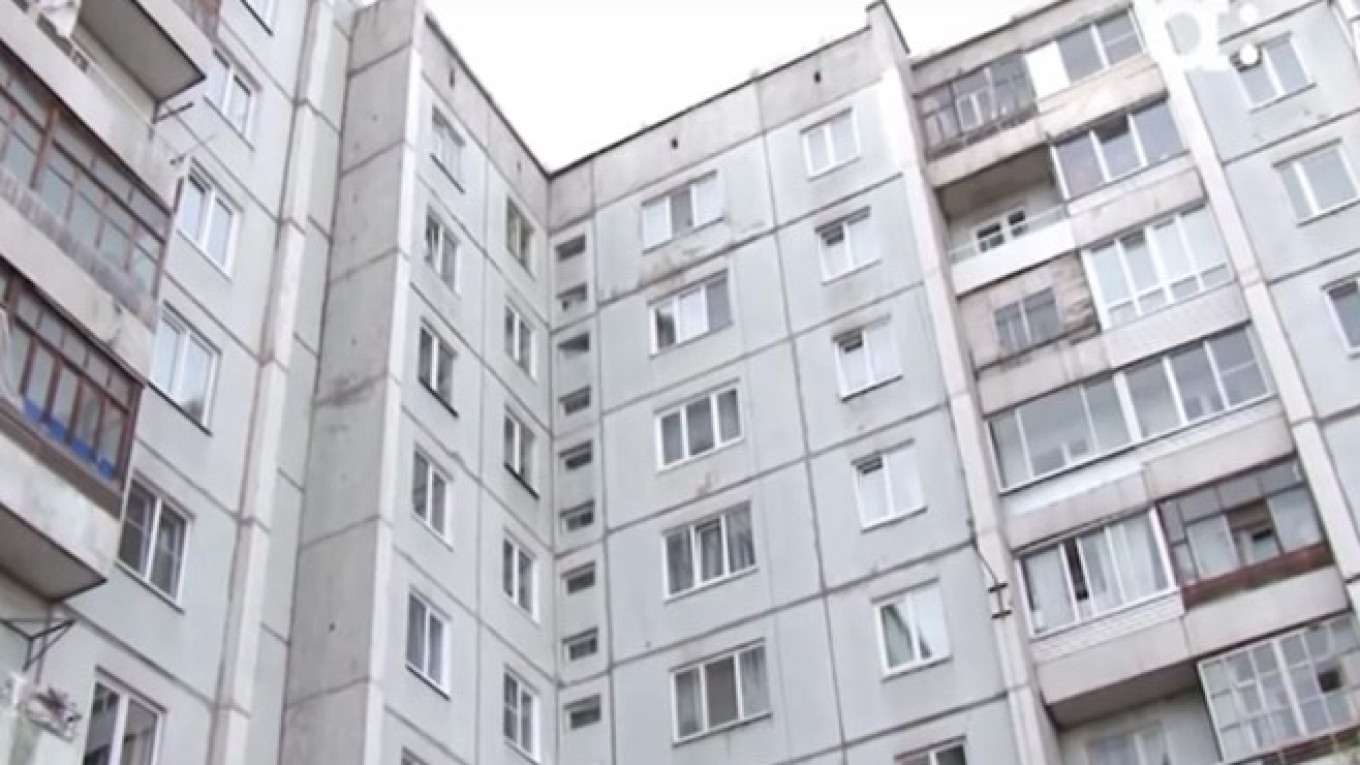Residents of an apartment building in the southern Siberian city of Krasnoyarsk have refused to approve the opening of an educational center that would be able to accommodate children with special needs, the Takie Dela news website reported, citing local TV channel Afontovo.
An NGO called Pravo Na Schastye (Right to Happiness) won a government grant earlier this year to open an educational center where pupils with special needs could study for free alongside children their own age who don't have special needs, the report said. The center was due to open on the first floor of a residential building, but its residents opposed the installation of a wheelchair ramp.
Current national housing legislation requires that two-thirds of the residents of a building approve a ramp's installation, and in this case less than 20 percent of the residents gave their consent, the report said. The others said they didn't want to look at disabled children on a daily basis.
"I don't want to look at children in wheelchairs. I can't help them, and I don't want to see them every day and cry myself to sleep every night. I have the right not to," one of the women living in the building told TV channel NTV.
Some people were against installing the ramp because it would take up space and leave them less room in which to park their cars.
"They can go to [another] school or kindergarten and study together there. You have to understand: We don't care how they are going to socialize," another woman told Afontovo. "Considering the lack of space we're dealing with here, we don't want these children — sick children. Look how many children of our own we've got," she added.
The head of Pravo Na Schastye, Nadezhda Bolsunovskaya, has filed complaints with the prosecutor's office and social services. In addition, the city administration has submitted a request with the State Duma asking for amendments to legislation that requires residents' approval to install ramps in residential buildings.
A Message from The Moscow Times:
Dear readers,
We are facing unprecedented challenges. Russia's Prosecutor General's Office has designated The Moscow Times as an "undesirable" organization, criminalizing our work and putting our staff at risk of prosecution. This follows our earlier unjust labeling as a "foreign agent."
These actions are direct attempts to silence independent journalism in Russia. The authorities claim our work "discredits the decisions of the Russian leadership." We see things differently: we strive to provide accurate, unbiased reporting on Russia.
We, the journalists of The Moscow Times, refuse to be silenced. But to continue our work, we need your help.
Your support, no matter how small, makes a world of difference. If you can, please support us monthly starting from just $2. It's quick to set up, and every contribution makes a significant impact.
By supporting The Moscow Times, you're defending open, independent journalism in the face of repression. Thank you for standing with us.
Remind me later.






